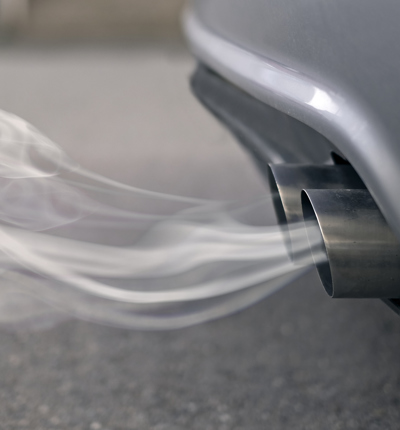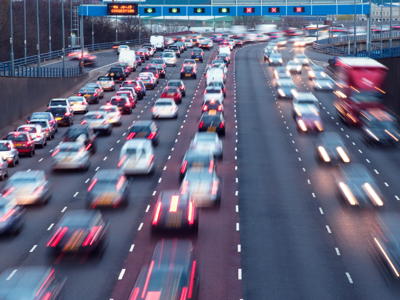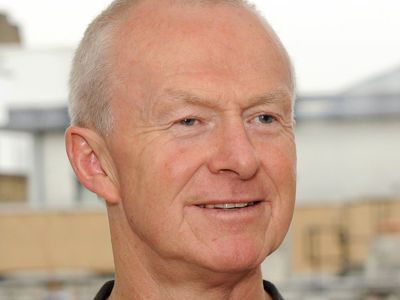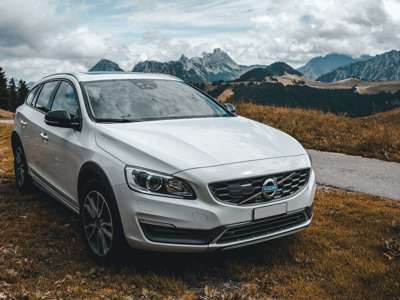
Dieselgate cheat device trial to begin in the High Court
The legal claims against five leading car manufacturers over the Dieselgate scandal will be heard at the High Court from 10.30am on Monday 13 October 2025, in the trial of the largest group claim in English and Welsh legal history.
Posted on 10 October 2025
The three-month trial will hear allegations that a range of diesel vehicles sold by Mercedes, Ford, Renault, Nissan and Peugeot/Citroen from 2009 contained technology designed to cheat official emissions tests.
The vehicle owners claim that software, known as “cheat devices” or “prohibited defeat devices (PDDs)”, was installed within the engine management systems which could detect when the cars were under test conditions and for those periods ensure harmful emissions were kept within legal limits.
When the vehicles were driven on the road, it’s claimed they produced much higher levels of emissions such as nitrogen oxides and particulates, polluting the environment and causing a higher risk to people’s health.
Due to the unprecedented scale of the legal claims, the trial of Mercedes, Ford, Renault, Nissan and Peugeot/Citroen – designated by the court as “lead defendants” - is being heard ahead of the other manufacturers to save time and reduce costs.
As well as the five lead manufacturers on trial, Vauxhall/Opel, Volkswagen/Porsche, Jaguar Land Rover, BMW, FCA/Suzuki, Volvo, Hyundai-Kia, Toyota and Mazda also face claims that their vehicles contained similar defeat devices. In total 1.6 million drivers have made legal claims against the manufacturers involved. Those cases will be bound by the judgment in the lead case trial.
The main trial is expected to conclude before Christmas with legal submissions regarding the evidence due to be heard in March 2026. The High Court judgment, expected to be delivered in summer 2026, will give guidance to all the manufacturers involved, with the aim of avoiding the need for any further trials over the presence of PDDs in vehicles. A further trial to determine the level of quantum is scheduled to take place in autumn 2026.
Law firm Leigh Day is working alongside 21 other law firms on behalf of the 1.6 million vehicle owners in the largest group claim ever brought in the UK.
Speaking ahead of the trial, Leigh Day’s senior partner Martyn Day said:
“A decade after the Dieselgate scandal first came to light, 1.6 million UK motorists now get their chance to establish at trial whether their vehicles contained technology designed to cheat emissions tests.
“Fourteen of the biggest car manufacturers operating in the UK are facing these claims which, if proven, would demonstrate one of the most egregious breaches of corporate trust in modern times.
“It would also mean that people across the UK have been breathing in far more harmful emissions from these vehicles than they were told about, potentially putting the health of millions at risk.”
Mercedes owner Adam Kamenetzky from London said:
"If these allegations are true, the regulators, the politicians and the public have been cheated by manufacturers who, it’s claimed, are profiting from their sale of diesel cars while flouting clean air laws and measures such as ULEZ, which aim to improve public health.
"This is not just a personal issue, but one of much wider public concern: air pollution is a leading cause of ill health and premature death around the world. I want to speak up for people who are breathing in potentially lethal levels of pollutants and suffering the health consequences, and for vehicle owners who've thought they're doing the right thing by buying apparently less polluting vehicles, when this is clearly now in question.
"I want to see justice - and if this trial helps to hold anyone who lied or cheated to account, that’s my cause."

Dieselgate: High Court blocks attempts by car manufacturers to hide key documents that could show whether they cheated emissions tests
The High Court has ruled that five car manufacturers at the centre of Dieselgate legal claims must reveal information in hundreds of documents that they claimed were confidential which will be at the heart of a major trial over whether their vehicles cheated emissions tests.



